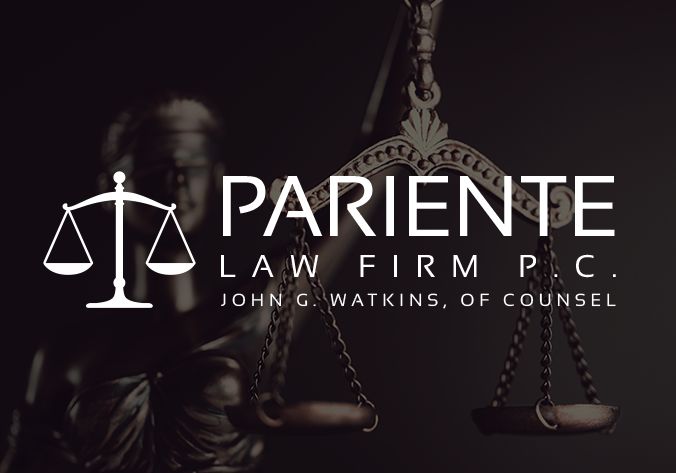As many people are probably aware, the legal availability of marijuana in the state of Nevada will be changing very soon. Since the Regulation and Taxation of Marijuana Act in Nevada went into effect on January 1, 2017, it is now legal for adult residents (21 years or older) of the state to buy and possess small amounts of marijuana and cannabis oil for the purpose of recreational use. Up to this point, the state has been creating the regulations that will need to be in place before they could issue licenses to retail business that want to sell marijuana, meaning that while the drug has been legal since January, there has not been a place to legally purchase it. The laws regarding Marijuana DUI may soon get an update but for now, they remain the same.
This will change on July 1st, 2017, when businesses who have now been issued a license can begin to sell recreational marijuana legally.
The New Rules Regarding Marijuana and Driving
In light of the upcoming availability of legal marijuana, this seems like a good time to remind residents of Nevada and tourist the rules that still apply to marijuana possession and use.
● Residents or visitors of the state who are 21 or older can legally purchase and possess up to 3.5 grams of cannabis oil and up to one ounce (28 grams) of marijuana. Any amount over those limits is illegal.
● It is also illegal to smoke marijuana in a public place, on federal property and while driving or operating any type of motor vehicle.
Road Rules Still Apply
One thing that probably needs to be emphasized is that the standing laws and penalties related to driving while impaired by marijuana remain unchanged and are very similar to the state’s stance on driving while impaired by prescription pills or alcohol. Legal status or not, these substances can cause drivers to become disoriented, dull their alertness, and affect their judgment behind the wheel, creating a very potentially dangerous condition for both themselves and other drivers.
If someone is pulled over and they are suspected to be under the influence of marijuana or any other substance that may impair their driving ability, they will be asked to submit to a sobriety field test and/or breathalyzer. If they fail or just refuse and are still thought to be under the influence, the officer can arrest them for a DUI charge and they will be required to take a blood test. The results of that test will determine how the case will be handled from that point on.
Debate Surrounding Blood Testing and Marijuana
There has been an ongoing debate in Nevada over the last several years about what amount of THC in the blood actually indicates a level of legal impairment. This issue is complicated because not only does marijuana seem to affect people in very different ways, but THC also remains in the body for a very long time – sometimes months – making it an unreliable measure of impairment at a given time.
The 2 Nanogram Limit
Currently, Nevada law considers two nanograms or more per milliliter of THC present in the blood to be over the legal limit to be driving. This is a very small amount and one that many people insist is irrelevant when pointing to proof of impairment. This firm has firsthand experience with the negative outcome of such a low allowable limit. In 2000, John Watkins, handled the case of Jessica Williams, who fell asleep at the wheel of her car while driving on I-15 and crashed her car into six teenagers who had been cleaning up litter on the side of the interstate, killing them. Jessica readily admitted to having smoked marijuana the night before the crash, but was not found to be impaired by the investigators who responded to the crash site.
In spite of this, due to trace amounts of THC present in her blood test results, in accordance with the two nanogram limit she was convicted of driving under the influence of a prohibited substance and is now serving 48 years in prison. Our firm continues to fight Jessica’s case and push for a more lenient limit amount, especially in light of the soon to be widespread availability of legal marijuana in the state.
Current Penalties for a DUI of Marijuana
In most cases, the charge for a marijuana DUI is a misdemeanor in Nevada. The penalties for a first, second and third offense within a seven year period are the same as the penalties for a drunk driving DUI and the details are as follows:
First Marijuana DUI
● 24 to 96 hours of community service or two days to six months in jail.
● Mandatory attendance of Nevada DUI School at personal expense.
● Court costs plus fines of $400 to $1,000
● Attendance at a Nevada Victim Impact Panel
● Driver’s licenserevocation of 90 days (usually with an option to get a restricted license after 45 days)
Second Marijuana DUI
● Home confinement or ten days to six months in jail
● Court costs plus fines from $750 to $1,000 or community service
● Attendance at a Nevada Victim Impact Panel
● Mandatory drug dependency evaluation of $100 at personal expense
● Driver’s license revocation of one year
● Mandatory participation of DUI Court, a drug abuse treatment program
Third Marijuana DUI
● From 1 to 6 years in state prison
● Court costs and fines from $2,000 TO $5,000
● Attendance at a Nevada Victim Impact Panel
● Driver’s license revocation for 3 years
● Mandatory participation of DUI Court, a drug abuse treatment program
Circumstances for Marijuana DUI Felony Charge
When someone has their third DUI conviction within a span of seven years, or if there has been an accident involving marijuana impairment that resulted in the serious personal injury or death of another person, in which case it can be a felony charge. Penalties for conviction of a felony charge are:
● Prison sentence of 2 to 20 years
● Fines from $2,000 to $5,000
● Drivers who have had three or more convicted DUI charges in the event of an accident causing injury or death, the charge can be vehicular homicide, which comes with a penalty of 25 years in prison, or a life sentence with parole possibility after ten years.
If you believe that you have been the victim of an undeserved conviction for a marijuana DUI, you might have options. Contact our firm today to discuss your case with one of our experienced attorneys.




